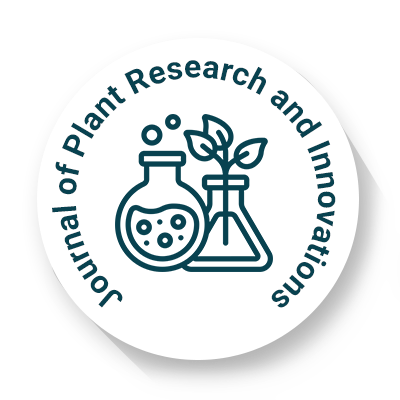
Journal of Plant Research and Innovations
OPEN ACCESS

OPEN ACCESS
Phytocoenology, also known as phytosociology, is the scientific study of plant communities, their composition, structure, classification, and ecological interactions. It focuses on understanding how different plant species coexist within specific habitats, forming distinct vegetation types influenced by environmental factors such as climate, soil, altitude, and human activity. This field of study plays a crucial role in ecology by analyzing plant assemblages based on floristic composition, species dominance, and ecological adaptations. By using systematic classification methods, such as the Braun-Blanquet approach, phytocoenologists categorize plant communities into associations and alliances that reflect ecological conditions and successional stages. Through these classifications, scientists can assess biodiversity, monitor environmental changes, and develop conservation strategies. Additionally, phytocoenology provides insights into the interactions between plant species, including competition, facilitation, and niche differentiation, which help in understanding ecosystem dynamics and resilience in response to natural and anthropogenic disturbances.
Phytocoenological studies have significant applications in biodiversity conservation, landscape management, and ecological restoration. By mapping and analyzing plant communities, researchers can detect changes in vegetation patterns due to climate change, land-use modifications, and invasive species. Such analyses assist in habitat conservation planning, helping policymakers implement measures to protect endangered ecosystems and sustain ecological balance. Furthermore, phytocoenology is widely applied in agriculture and forestry to identify suitable plant species for specific environmental conditions, thereby improving crop productivity and forest management. In restoration ecology, phytocoenological data guides the rehabilitation of degraded lands by selecting appropriate plant species that support ecosystem recovery and enhance soil stability. The integration of remote sensing and geographic information systems (GIS) with phytocoenological studies has further expanded the scope of research, allowing large-scale vegetation mapping and predictive modeling of plant community responses to environmental changes. As ecosystems face increasing threats from climate change and human activities, phytocoenology remains a fundamental discipline for understanding vegetation dynamics, preserving biodiversity, and promoting sustainable environmental management.